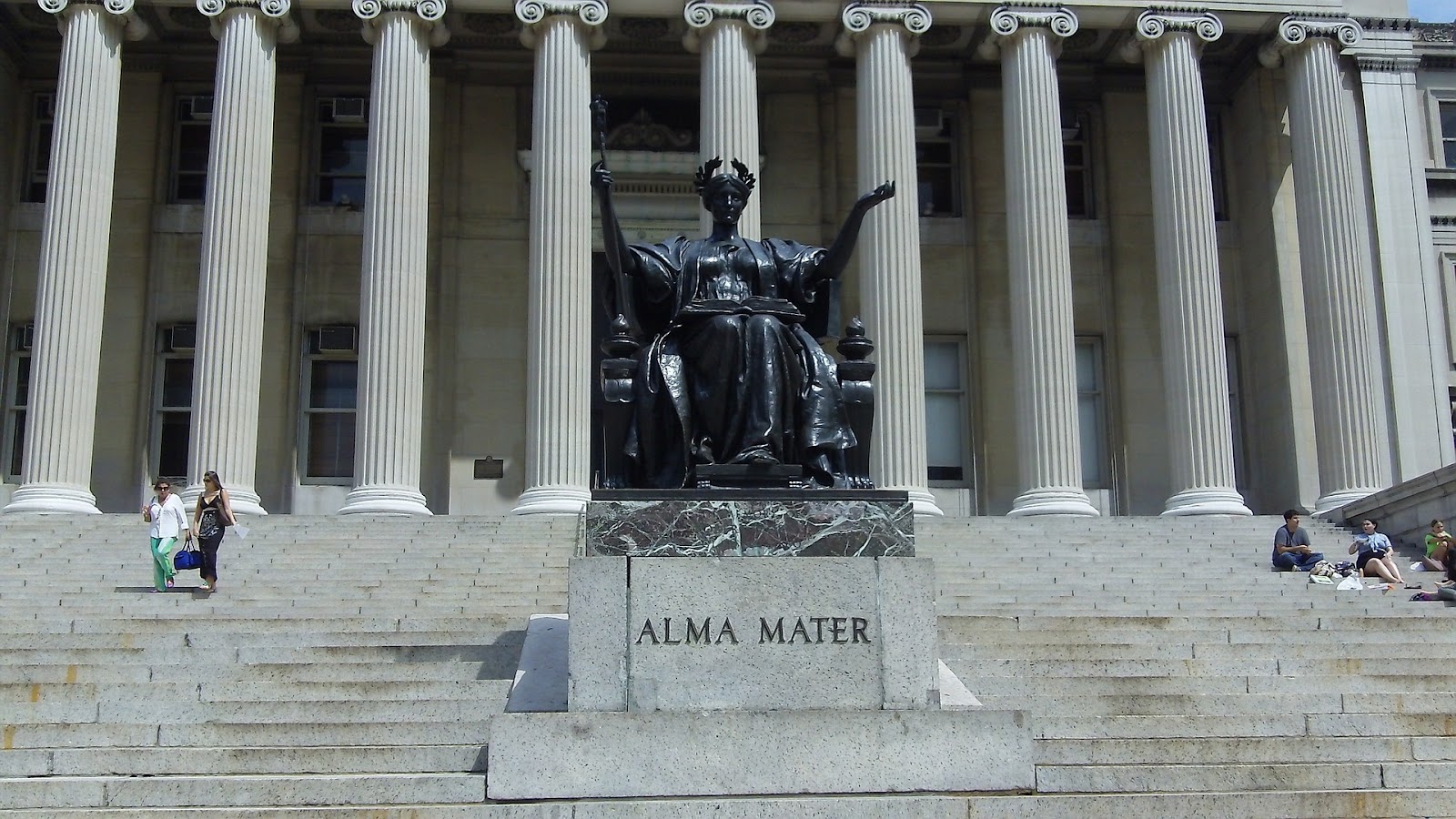The tranquil setting of a Los Angeles dog park is usually a place of leisure and socializing for pet owners; however, it’s now the stage for a legal drama between a billionaire and an interior designer. What began as a seemingly simple incident between a dog and a woman spiraled into a complex web of lawsuits and allegations, raising questions of extortion and responsibility.
Occurring in the affluent neighborhood of Brentwood in 2022, a dog owned by billionaire surgical-device inventor Gary Michelson allegedly bit another pet owner, Sandra Evling, sparking a contentious legal battle. Michelson accused Evling of attempted extortion, claiming she sought $85,000 in exchange for not publicly humiliating him and reporting his dog to authorities. In response, Evling filed a personal injury lawsuit, alleging negligence and seeking unspecified damages.
Michelson refuted claims of the incident being a dog bite, suggesting instead that Evling may have injured herself while restraining her pet. Despite Michelson’s philanthropic endeavors in animal welfare, including establishing a pet microchip registry and a standing prize for sterilization medication development, accusations of negligence surfaced. Amid negotiations between Michelson and Evling, allegations of extortion also arose, with Evling presenting options demanding financial compensation or punitive actions against Michelson and his pet. Legal experts weighed in on the matter, highlighting the nuances of civil extortion and the potential consequences for both parties.
Evling’s lawsuit detailed multiple alleged incidents of the accused dog’s aggression toward other dogs and individuals, further complicating the legal dispute. Witnesses corroborated some of these accounts, adding layers to the convoluted situation. As legal proceedings continue, both Michelson and Evling are navigating the incident’s aftermath. While Evling’s new venture includes selling Swedish cookies, Michelson remains active in civic engagements and philanthropy. Aiming to cross paths no longer, Michelson vows to avoid the dog park, signaling the lasting impact of the contentious encounter between the two pet owners.
The ramifications of the incident shed light on systemic issues related to pet behavior, public safety, and legal recourse. The Brentwood dog park, typically a symbol of community unity, now stands as a reminder that division and controversy can occur in even unlikely settings. The case especially affirms the importance of responsible pet ownership and the need for clear guidelines and protocols in public spaces frequented by animals. The Brentwood case is not the first to experience dog park altercations, prompting discussions about the role of dog parks in urban environments and the measures necessary to ensure the safety and well-being of both pets and their owners.
In addition, the legal battle raises questions about the limits of personal responsibility and how wealth and privilege can influence legal outcomes. Observing the situation invites scrutiny of power dynamics in legal proceedings and the potential for manipulation and exploitation in high-stakes disputes. As the case unfolds, it sends a message to pet owners and park-goers to remain mindful of the potential consequences of negligence and the importance of accountability in maintaining safe and harmonious community spaces. The Brentwood dog park incident ultimately has demonstrated that even seemingly mundane encounters can have far-reaching implications and lasting effects.






















































































































































































































































































